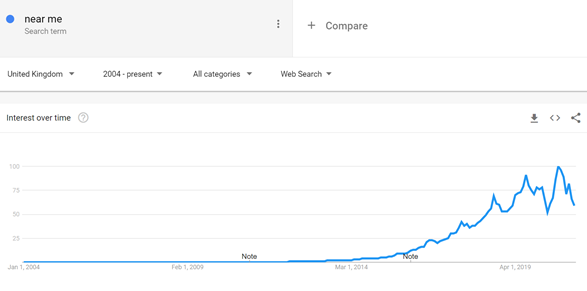
Read time: 3 mins
Written by Josh Westerman
At Brand8 PR, we’re committed to developing our knowledge and expertise so we can improve the strategic advice we give to our clients. A huge part of this development is learning from our peers within the industry – and there’s no better way to do that than by attending events relevant to our service offering.
Our team made the long trip (from the bedroom to the home office) to the SEO Outreach Summit, organised by brightonSEO and Pitchbox, to expand our horizons on the world of digital PR and SEO. Here are four of the key things we’ve taken away from the event!
In the Building Your Own Blogger Network – how to build it, keep it, and leverage it session, Judith Lewis from Decabbit Consultancy covered a wide range of points relating to working with bloggers for link placement within articles.
To make sure the blogger you’re looking to work with has a website which is of a high enough calibre, Judith says it’s key to check two things: the organic search traffic the blogger’s website receives and the keywords which the website ranks for. The latter of these, in particular, will allow you to see how relevant a blogger’s website is to your offering and whether a natural high-quality link can be placed.
Once you’ve identified the bloggers you’re working with, it’s time to nurture them so you can get the most out of the partnership. Separate to your one-on-one contact, Judith recommends regular newsletter-style updates to your network. A key part of this is to include a bonus for them. This could be anything from a product sample, access code, or vouchers – keep it relevant to your brand. Not only does this help to nurture the relationship by showing how much you value their input, but it can also result in an extra blog or post on social media if they were impressed by the product.
To expand your blogger network, using social media is a powerful tool. Her top tip was to tap into Facebook blogger groups by posting a Google Form and ask if anyone would like to be part of your blogger network. From here, members are likely to share the form with other groups they are a member of, thus leaving you with a good number of blogger contacts on your Google form. This same survey link can be included in your regular nurturing emails, giving those in your current network the opportunity to share it out to people in their own circle.
As this graph from Google Trends shows, there’s been a huge spike in ‘near me’ searches over the last six years (barring a pandemic-induced dip in 2020), which has made local search more imperative than ever.

Clarissa Filius, from Amsterdam-based agency Booming, discussed how you can work towards dominating local search through not only strong content, but also getting those local links to build relevancy and reputation. How To Get Local Links (And Why You Need Them) highlighted the key ways to ensure you’re giving your brand the best boost possible from a local search perspective through link placement.
Clarissa spoke about how having links on your own website to location specific pages is the first step– for example, if you’re a plumbing firm which operates nationwide, having pages such as “plumbers in Leeds”, “plumbers in Liverpool”, “plumbers in Bristol”. However, to maximise your local potential, securing links on local websites is important, such as the local sports team’s website you may be sponsoring, local news sites and directory listings.
During his Are You Making This Link Building Mistake? session, Matthew Woodward from LinksThatRank.com explored the concept of link orphaning, and why this is something to be wary of when working with third-party sites for link placement.
Essentially, link orphaning is where the article your link has been placed in is not accessible from website homepage – for example, if the article is on the News section and there isn’t a direct link from the homepage to the News section, your link has been orphaned as there is no way for people to find it!
Matthew highlighted that this is a huge oversight during the link building process for many practitioners, with 20 per cent of all efforts being in vain due to link orphaning.